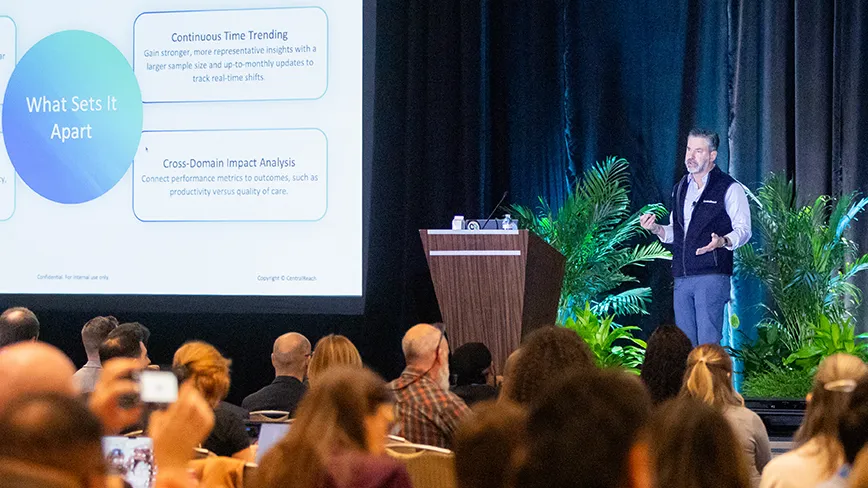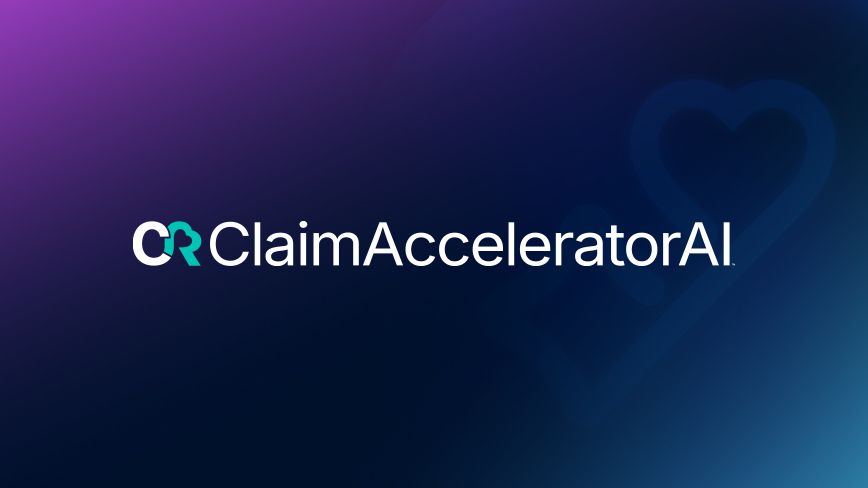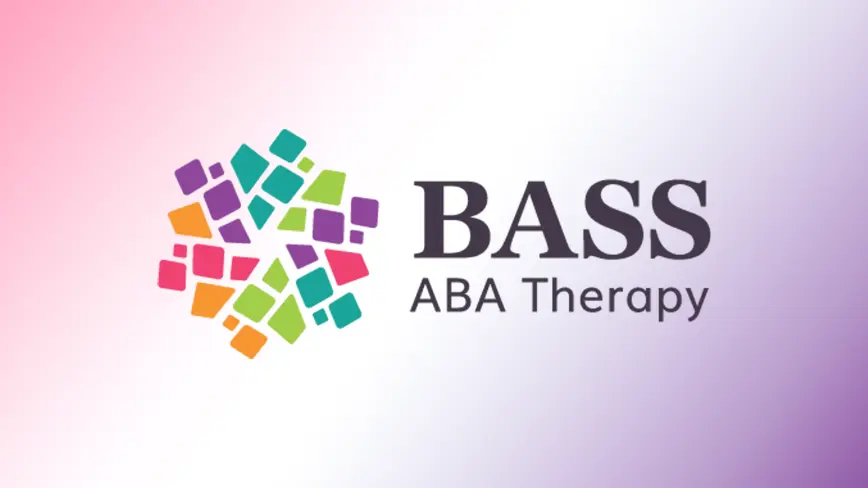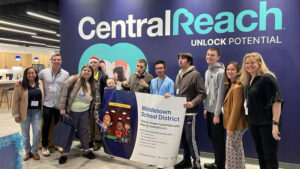As special education teachers know, one size does not fit all in the classroom. They must navigate a vast range of abilities, challenging behaviors, and diverse needs. Similarly, a one-size-fits-all approach to special education professional development (PD) simply doesn’t work either. Special educators need tailored guidance beyond generic classroom strategies.
With so many PD providers out there, how do you choose the one that is the best fit for your special education team? Selecting the right provider can empower teachers and support staff with useful strategies to promote positive student outcomes while maintaining compliance with educational law. This guide will explore the factors to consider when evaluating special education PD providers to support you in making an informed decision.
Choosing Content Relevant to Special Educators
Special educators require training focused on developing the knowledge and skills needed to support the diverse needs of the special education population. Oftentimes, this requires a unique focus, different from that of general education PD. Choose a vendor that demonstrates expertise within special education and a commitment to advancing the field. Consider the following.
Does the vendor specialize in special education PD? Consider whether the provider has expertise in autism and IDD, IEP development, behavior management, and special education best practices.
Align on the Ideal Format
Professional development can sometimes feel like just another task on a long to-do list for educators. Consider the following aspects to ensure your team chooses a PD vendor that offers flexibility and engagement.
- Personalization & Differentiation – Consider whether the training can be customized. Professional development should be approached the same way we approach IEPs–uniquely tailored to meet the teacher, school, and district’s needs, rather than simply regurgitating the same information to all educators.
- Flexible Learning Options – Consider whether the vendor offers a mix of in-person, virtual, on-demand, and hybrid learning options that fit within your team’s availability. Find options that provide continuous learning modules for ongoing education beyond one-time workshops.
- Interactive & Engaging Methods – Evaluate how interactive and engaging the trainings are. Look for workshop-style, hands-on, and scenario-based learning methods rather than those that are more lecture-heavy.

Evaluate Trainer Expertise
When districts choose a PD provider, they place a great deal of trust in the organization to elevate their team’s knowledge, instructional effectiveness, and skillsets. The individuals leading these sessions should have real-world experience to understand the challenges of the special education field and how to effectively implement best practices. Consider the following.
- Specialized Knowledge – Are the trainers licensed special educators, Board Certified Behavior Analysts (BCBAs), school psychologists, or other specialists with real-world experience?
- Industry Reputation – Evaluate the vendor’s reputation in special education and related industries. Look for a provider with a strong foundation in supporting educators and clinicians within the autism, IDD, and special education populations.
Prioritize Implementation & Long-Term Sustainability
When evaluating professional development providers, it’s important to think beyond initial training. A TNTP report estimated districts spend roughly $18,000 per teacher per year on professional development. With such a substantial investment, search for a provider that offers the greatest impact with long-term, sustainable professional development opportunities.
- Cost & Funding Eligibility – Do the PD costs fit within your budget? Evaluate available funding options, including IDEA and Title funds.
- District-Wide Scalability – Consider whether the vendor can support both smaller-scale PD for individual staff and teams as well as large-scale needs across your district. The provider should offer flexibility to expand, meeting your needs at any level.
- Sustained Coaching & Follow-Up – Professional development, per the Every Student Succeeds Act, is required to involve sustained learning. They should not be one-off lectures. Consider whether the vendor offers coaching models, mentoring, and ongoing consultation beyond the initial training.

Measure the Impact of Professional Development
Professional development for special educators is only as valuable as the impact it makes. The best PD providers go beyond delivering individual training sessions. They support districts in implementing best practices and measuring ongoing success.
- Teacher & Staff Feedback Loops – Feedback is vital to measure PD impact. Consider if the vendor provides surveys and evaluations to measure the quality, ensuring training is relevant, engaging, and responsive.
- Student Impact & Application – The primary goal of PD is to guide educators in improving student outcomes. Evaluate how the provider aids in measuring student improvements. Do the trainings include ways to track student progress, including behavioral and academic outcomes?
- Long-Term Learning Plans – Sustainable progress materializes through ongoing learning. Consider vendors that offer multi-year training plans to promote continuous improvement within your special education department.
Posted in Education, Special Education
You may also like...
Related information and stories
Empowering Young Adults Through Interactive Vocational Training: WVU Medicine’s Project SEARCH Success
Since its launch in 1996, Project SEARCH has been on a mission to empower young adults with disabilities through a comprehensive vocational readiness program. Young adults with disabilities often face…
CentralReach Unlocks Potential for Future Professionals: Vocational Learning for N.J. High School Students
CentralReach welcomes Middletown High School South students to Bell Works office for a day of hands-on vocational learning, fun, and esports. When the students from Middletown High School South visited…
Beyond ESSER: Sustaining Special Education Programs with Title I, Title II & Other Funding Strategies
As the academic year unfolds, the expiration of Elementary and Secondary School Emergency Relief (ESSER) funds has become a pressing issue for many educators and administrators. Initially established to address…







